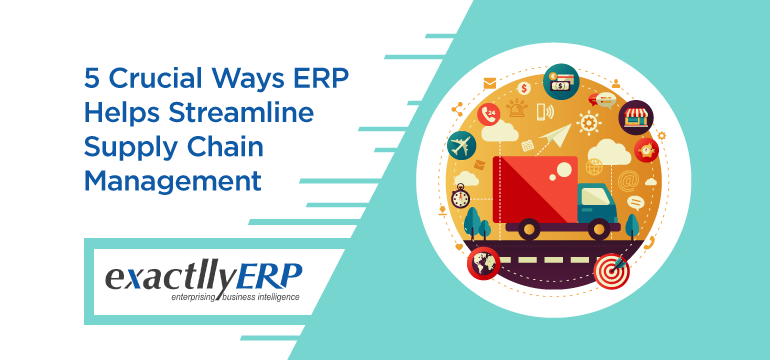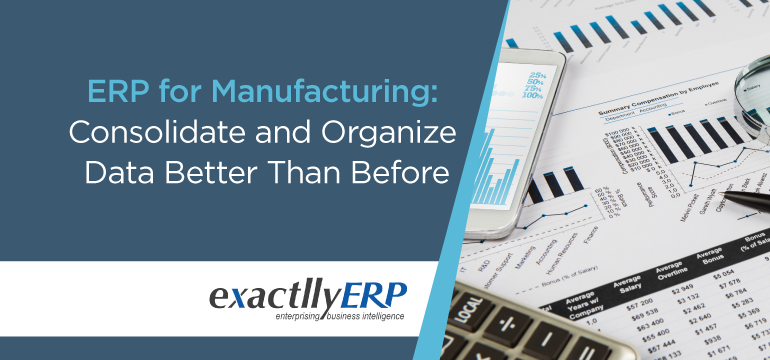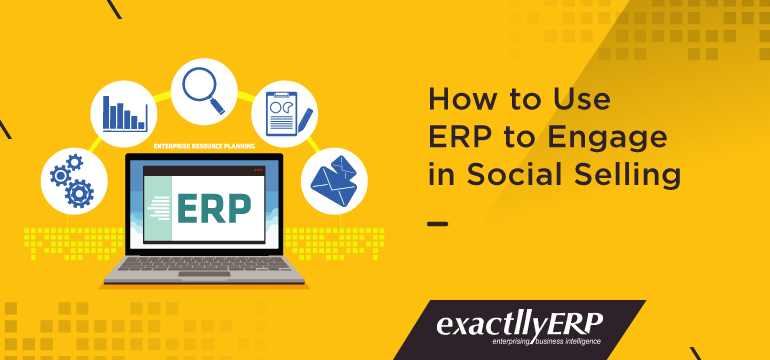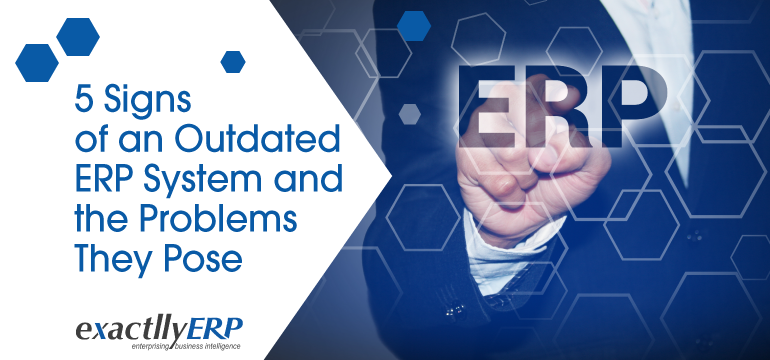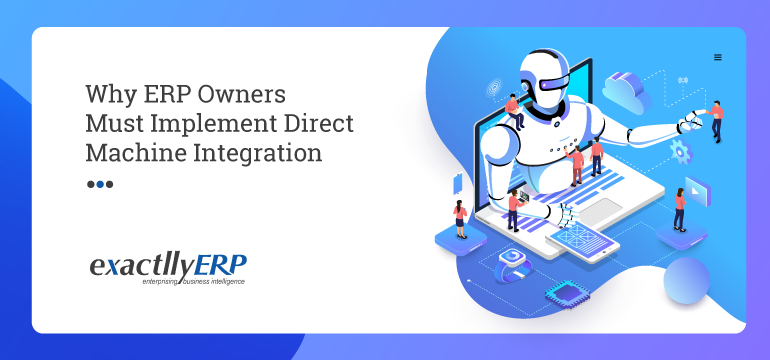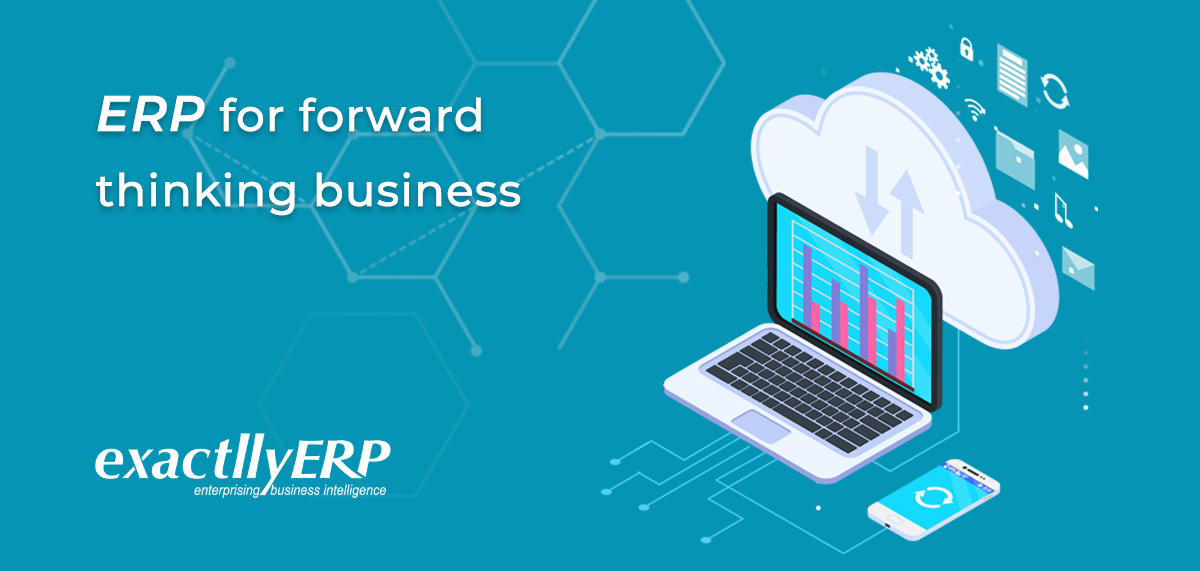Why You Should Integrate Your ERP with MarTech
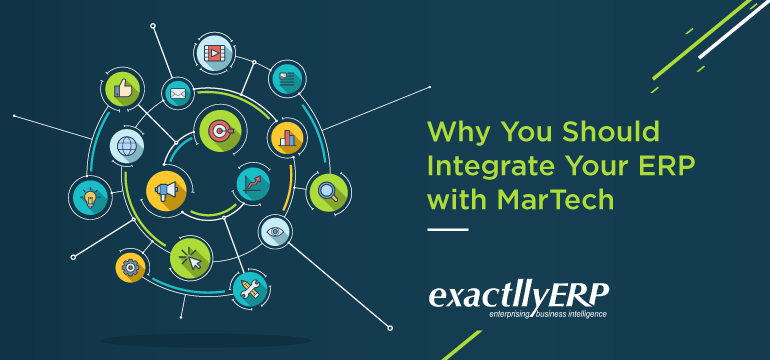
In recent years, technology-assisted marketing has become immensely popular, and the technical tools that assist in marketing are often known as “MarTech”. MarTech has helped agencies and businesses to automate many manual processes and increased the efficiency of marketing campaigns. Some examples of MarTech include Google AdWords, MailChimp, SEMRush, and Leadlander, all of which help automate marketing tasks that were previously manual.
MarTech creates its own data, and also uses data from other tools to provide richer insights, that help you to make better sales predictions. Many businesses have begun to integrate MarTech tools with ERP to derive valuable reports and insights that have helped them to take their business to the next level.
In this article, let us take a look at why you should integrate your ERP with MarTech.
1. Bring Specificity to your ERP:
There are hundreds of ways you can benefit from ERP and MarTech integration. It really depends on which specialized MarTech tool you choose to integrate with your ERP. The key to successful ERP and MarTech integration is to choose MarTech tools that solve specific problems that your more comprehensive ERP doesn’t. Though ERP tools come with marketing and sales modules, they do not perform specific activities that more specialized MarTech tools may perform.
For example, it makes sense to integrate Salesforce with your ERP because no ERP comes with the kind of specialized approach that Salesforce takes towards lead generation and customer engagement. Another example of using such specialized tools is to integrate Optimizely with your ERP, which helps you to run A/B tests on data from your ERP, without creating multiple entries. In short, using specialized MarTech tools to add zest to your ERP is a smart move to make, and the possibilities are endless.
2. Communicate and Engage with your customers better:
One of the most important things that a MarTech tool does is automate simple tasks such as emailing or contacting a customer on social media. Writing emails manually or sending them at specific periods can prove to be very cumbersome. While your ERP may tell you who your customer is and what their purchase history is, you can use MarTech to communicate with them more efficiently.
There are several social media marketing tools available today, which help you to engage with your target audience better. This social engagement MarTech tool can be integrated with your ERP to provide constant updates to your customers regarding their shipments. You may also analyze such data to improve your social metrics and enhance customer engagement online.
Few important social engagement tools include HootSuite, Buffer, Adobe Spark, and AgoraPulse. Integrating these tools with your ERP helps you to communicate and engage with your customers more efficiently than simply relying on emails. MailChimp is yet another tool that breathes new life into your email campaigns.
3. Take action based on Specific Insights:
An ERP is most importantly a backend tool that helps you to manage your inventory and logistics better. While marketing and sales modules do exist within an ERP, deriving insights about market trends is something that is best left to specialized MarTech tools. Integrating your ERP with specific tools helps you to derive specialized insight, which may otherwise not be possible.
Marketing can be enhanced by developing campaigns that rely upon insights from logistics, inventory management, clearance, etc. For example, you can integrate a coupon or discount tool with your ERP to automatically send out messages to your customers when your inventory needs to be cleared.
Shopify is an excellent MarTech tool that makes it easy for you to share coupon codes and discounts. This e-commerce tool is used by thousands of online stores to make their products more accessible. Integrating Shopify with your ERP is a great way to give out coupon codes in sync with your inventory status.
Understand your requirements and goals before integrating MarTech with ERP
There are thousands of marketing automation tools available today, and Shopify and Salesforce aren’t the only ones. For every specific need, there is a MarTech tool out there today. All you need to do is to understand your requirements and integrate specific MarTech tools with your ERP to make it more effective.
As you can see, carefully integrating your ERP with specialized tools help you to run your business more efficiently. When you integrate your ERP with MarTech, you make it so much easier to engage your customers online, while improving communication metrics. In addition, integration makes your ERP more specific and helps you to perform marketing functions that you previously couldn’t. Finally, integration helps you to derive richer insights that help you make better predictions and take specific actions. To understand how you can take your Exactlly ERP to the next level by integrating popular MarTech tools, give us a call today. To know more about exactllyERP, feel free to Contact Us and get a Free Demo.

